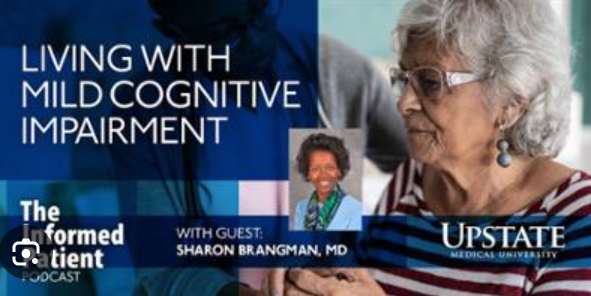Imagine a loved one forgetting cherished memories, struggling with everyday tasks, their personality shifting like the sands of time. The culprit? Dementia, or maybe its cruel cousin, Alzheimer’s. As a geriatrician, I step into this reality every day. Amid the gloom, there is a beacon of hope, the innovative approach of remote patient monitoring beverly hills has been adopted. This technique is transforming the landscape of dementia and Alzheimer’s treatment and bringing a glimmer of hope in an otherwise bleak outlook. Let’s delve into the profound role geriatricians play in this fight against time.
What Geriatricians Do
Geriatricians are doctors who specialize in the health care of older adults. They are detectives, piecing together different elements of health. They aim to enhance their patients’ physical and mental wellness. Beyond the medical, they often weave in social and psychological factors into the care plan.
The Geriatricians’ Arsenal: Remote Patient Monitoring
How do geriatricians in Beverly Hills help dementia and Alzheimer’s patients with remote monitoring? Picture this – a device at home that tracks vital signs, movement, and even cognitive function. This data is then sent back to the geriatrician for review. Any changes or anomalies get picked up swiftly, ensuring that treatment can be adjusted as necessary.
Why Remote Monitoring Matters
Why are we excited about remote monitoring? Three reasons:
- It allows for real-time patient data. Changes in the patient’s status are detected instantly. This enables rapid response.
- It offers comfort to patients. No need for constant hospital visits. Instead, patients receive care in the comfort of their own homes.
- It reduces the burden on caregivers. Monitoring devices can provide regular updates. This offers peace of mind to those caring for loved ones.
The Impact of Geriatricians on Dementia and Alzheimer’s Treatment
The role of a geriatrician in dementia and Alzheimer’s treatment is crucial. Early detection can slow progression and maintain quality of life for longer. With remote patient monitoring, geriatricians can intervene at the earliest signs of cognitive decline. They can adjust treatment plans to best suit the current patient’s condition.
So there you have it. From the front lines of geriatric care in Beverly Hills, advances like remote patient monitoring are providing hope. They are aiding in the battle against dementia and Alzheimer’s, one patient at a time.
